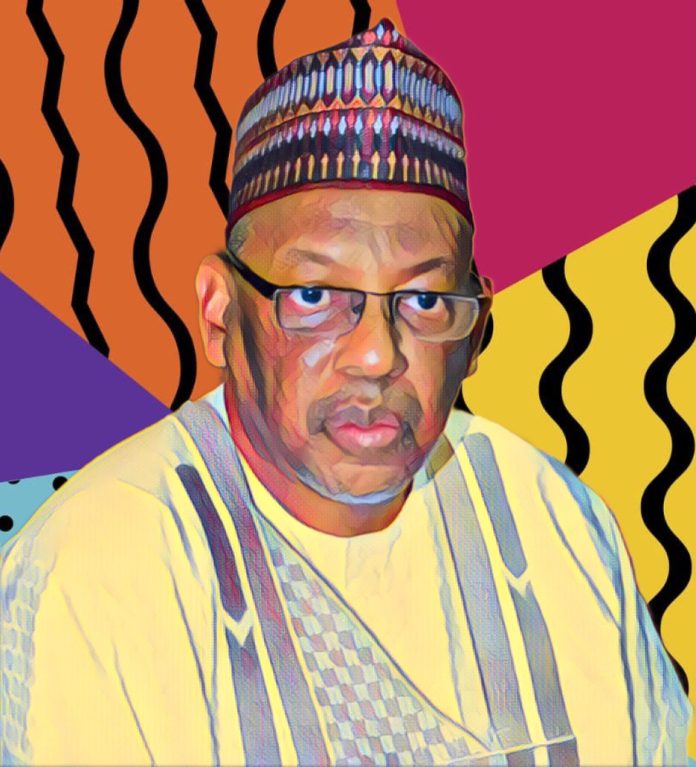In a critical assessment of Nigeria’s education sector, Dr. Hamid Bobboyi, the Executive Secretary of the Universal Basic Education Commission (UBEC), has sounded an alarm over the country’s deepening learning crisis. Speaking at a pivotal stakeholders’ dialogue in Abuja, Bobboyi underscored the urgent need for comprehensive strategies to overhaul the basic education system, warning that failure to act could severely impact Nigeria’s future and its alignment with the Sustainable Development Goals (SDGs).
According to a revealing report by the National Bureau of Statistics (NBS) and the United Nations Children’s Fund (UNICEF), an alarming three out of every four children aged 6 to 14 years in Nigeria struggle with basic reading and arithmetic, a statistic that lays bare the magnitude of the educational challenges at hand.
The dialogue, themed around the “Reading Initiative in the UBE Programme and the Use of Mother Tongue/Language of Immediate Environment as Medium of Instruction,” brought to light the critical factors hampering educational progress. Among these, the scarcity of instructional materials in local languages, substandard teaching quality, insufficient parental involvement, and a general reluctance by states to adopt the language policy for basic education were identified as pivotal barriers to improvement.
Bobboyi’s call to action was not just a reflection on the current state but a rallying cry for stakeholders to forge actionable steps that transcend UBEC’s efforts. He emphasized the importance of collaborative intervention from federal and state governments, alongside international partners, to address the endemic issues plaguing the sector.
Parallelly, Prof Ismail Junaidu, Executive Secretary of the Nigeria Educational Research and Development Council (NERDC), advocated for the implementation of the National Language Policy, approved in 2022. This policy champions the use of mother tongue or the language of the immediate environment up to primary six, aiming to make learning more accessible and inclusive. Despite the development of over 60 language orthographies, Junaidu highlighted the challenges of apathy, political will, a shortage of language teachers, and insufficient funding as significant obstacles.
This dialogue not only shed light on the complexities of Nigeria’s learning crisis but also underscored the critical need for fundamental reforms. The consensus is clear: without a concerted effort to enhance access to quality education through the implementation of inclusive language policies and improved teaching standards, Nigeria’s vision for sustainable development and national cohesion remains at risk.
As stakeholders unite in their commitment to revitalize Nigeria’s basic education sector, the path forward demands innovation, dedication, and unwavering support from all quarters. The time to act is now, with the future of millions of Nigerian children hanging in the balance.



